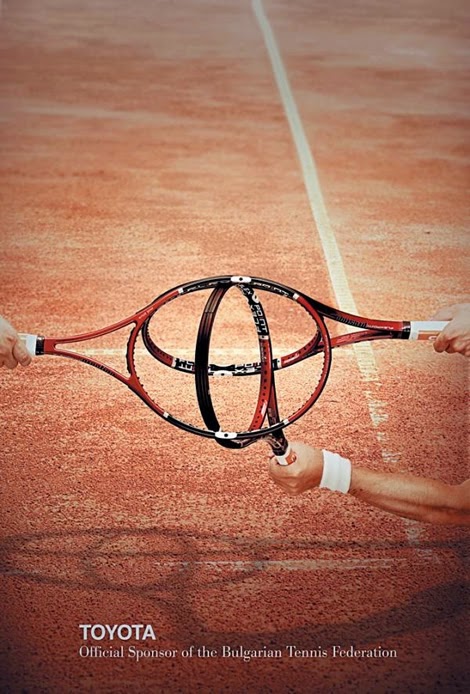 |
| Sponsorship |
Companies are constantly invited by various groups to sponsor events, activities, and worthwhile causes. Companies also actively seek venues where they can get their names before the public.
For example, Coca-Cola has been a long-term participating sponsor of Olympic Games, World Cups, Super Bowls, and Academy Awards. By shelling out large sums of money, Coca-Cola hopes to gain favorable public attention and also treat its associates to big-time events.
Companies will put out good money to place their names on physical facilities such as buildings, universities, and stadiums to keep their names in the public’s eye. Sometimes this backfires; Houston had to find a new name for Enron Field.
Companies can sponsor an important cause (such as better eating, more exercise, regular doctor appointments, saying no to drugs) in what is called “cause-related marketing.” By partnering with a cause that many people believe in, the company can enhance its corporate reputation, raise brand awareness, increase customer loyalty, build sales, and increase favorable press coverage.
Companies are increasingly borrowing the auras of celebrities to add radiance to their own names. Celebrities bring high attention to the brand, add to its credibility, and offer reassurance.
Not surprisingly, singers, actors, and sports figures stand ready to sell their auras. Reebok has acquired the aura of Venus Williams ($40 million contract) and Nike has acquired Tiger Woods’ aura ($100 million contract).
But be careful. PepsiCo borrowed the auras of Michael Jackson, Mike Tyson, and Madonna, all of which backfired. And Hertz borrowed O. J. Simpson’s aura, only to regret it.
Sponsorship can turn out to be either an expense or an investment. If the money doesn’t generate increased sales or corporate equity, then it is an expense. Companies that want to make the expenditure an investment have to be much more careful in deciding what to sponsor.
The question is what does a company gain from putting its name on a stadium, a Formula One racing car, a golf tournament, or an art show? Does it help the company sell more stuff?
Most companies haven’t really thought through their sponsorships. In fact, they often start a sponsorship that they continue indefinitely because of inertia or from their fear of being criticized for dropping the sponsorship.
 |
| Toyota Tennis Ad - One of the most important things for a company is to be seen and recognized by its target audience. |
If your company is going to sponsor something, make sure that it is a reasonable and relevant match to your target market and type of product/service. A good example is Timex’s sponsorship of the Iron man Triathlon to convey that its watches “take a licking and keep on ticking.” On the other hand, it wouldn’t make sense for Nestlé’s baby food division to sponsor a nursing home event.
Make sure that you decide on the objectives you are trying to achieve with the sponsorship. The money must have a positive impact on awareness, image, or customer loyalty that somehow turns into more sales. Ask how much your sales will have to increase to justify the cost.
After each sponsorship, do a postaudit of whether it achieves the objectives. Granted, it is difficult to measure the value a company receives from many of its sponsorship dollars. If you find that it didn’t contribute much value, write it off as philanthropy.
No comments:
Post a Comment